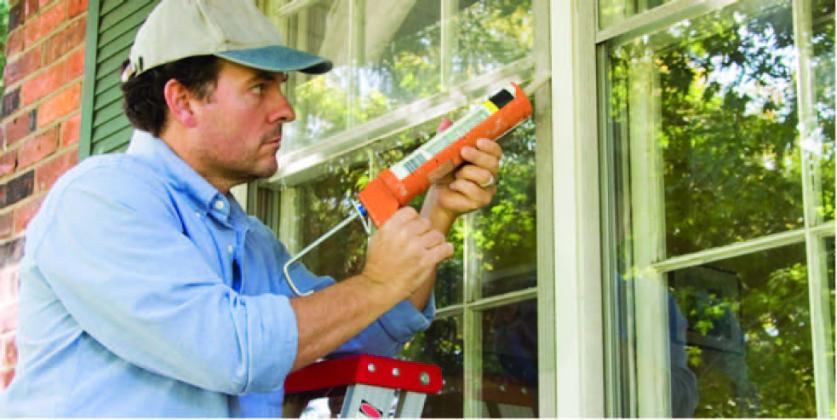Central Floridians are through the first month of the 2023 hurricane season with no major storms, but as a reminder, we have five months to go. Thus begins our annual love, hate roller coaster ride known as summer in Florida.
We love what the summer months bring; travel, vacations and family time. For those of us who reside in Florida from June through late November, it is a constant state of worry as to what effects each Hurricane Season might bring. Last year was sadly eventful for Florida, with Hurricanes Ian, Nicole, and Fiona bringing extensive damage to both of Florida’s coasts. What will this year bring, the same? Less, or much worse?
Floridians consistently discuss preparing our families for hurricane season each year. Our checklists include storing food, water, and medications, to assembling disaster supply kits, keeping our vehicles full of gas, and hitting the ATM for emergency cash. Are we, however, overlooking the most important item? Sometimes we are so focused on gathering items for the storm, we overlook our vital protection from the storm, which is our home of residence.
FloridaDisaster. org says the most important precaution to reduce damage to the home during a tropical storm or hurricane is to protect areas from where wind can enter so extreme wind gusts or storm debris cannot tear openings to the home. Those include roofs, large windows, garages, and exterior doors.
Luckily, seeing that Congress recently passed the Bipartisan Infrastructure Deal (Infrastructure Investment and Jobs Act), this means more investment into American homes needing weatherization and safety upgrades, which will help protect our residences from strong storms. From a local standpoint, this financial influx will also give opportunities to not only upgrade and better weatherize houses in Osceola County, but the opportunity to hire local laborers to support the process.
To manage these projects, The Osceola Council on Aging (OCOA) along with the U.S. Department of Energy and the Florida Department of Commerce hosts a Weatherization Assistance Program (WAP) for residences owned and occupied by qualifying lowincome seniors, disabled individuals, veterans, and disadvantaged families residing in both Osceola and Orange counties. WAP focuses on making homes safer and more energy compliant, coupled with the mission of reducing monthly energy costs. Weatherization assistance projects can include repairing windows, insulating ducts, attics, and floors, improving ventilation, adding solar screens, repairing HVAC Units, reducing air infiltration opportunities, and conducting energy audits on appliances, heating/ cooling systems and water heater units.
“The Weatherization Assistance Program targets to reduce monthly energy burdens by improving energy efficiency, while also advising clients on energy conversation measures. With the 2023 summer weather patterns underway, we want to make sure qualifying residents who could benefit through the WAP initiatives, have the tools they need from the OCOA for residential support,” said Chip Ford, Director of OCOA Weatherization Services.
Once weatherization assistance funding is awarded, the state can contract with some 700 local organizations nationwide for contract labor. The OCOA is one such local organization, and utilizes in-house crews, plus contracts with private contractors, to perform weatherization services for local residents. According to Energy.gov, WAP is the single largest residential energy efficiency program in the country, operating for more than 42 years. Accordingly, the initiative helps the most vulnerable families across our country, while also producing jobs.
Documentation required to apply for OCOA/WAP support includes photo identification, verification of social security number, proof of income, proof of home ownership, the last two months of electric bills and proof of disability (if applicable). Income guidelines for the program are based on household size, and maximum income, per household, per year.
Residents who would like to request WAP support should apply through the OCOA offices. For more information, call Jordan Love, at 407-846-8532, ext. 1243, or lovej@osceolacoa.com; or Wanda Garcia, garciaw@osceola-coa.com, at 407-846-8532, ext. 1242.




